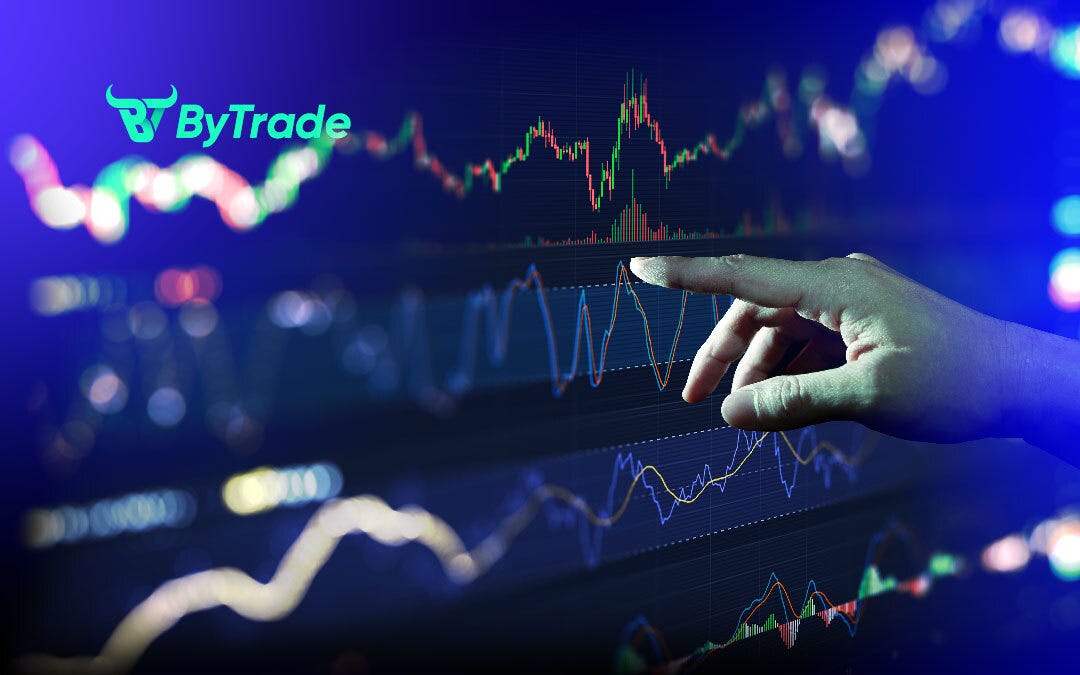The Future of Future Trading Crypto: Opportunities and Challenges
In recent years, the cryptocurrency market has witnessed an explosion of interest and investment, transforming the way we perceive traditional finance. One of the most significant developments is the rise of future trading crypto, a concept that allows traders to speculate on the future price movements of various cryptocurrencies. This method of trading holds the potential for profit, but it also comes with substantial risks. To navigate this complex landscape successfully, traders must understand the nuances of future trading and the underlying technology that drives it. If you’re interested in the world of cryptocurrency and want to learn more, future trading crypto click here to explore further.
Understanding Future Trading in Crypto
Future trading is a financial contract obligating the buyer to purchase an asset, and the seller to sell an asset, at a predetermined future date and price. In the context of cryptocurrencies, this means traders can enter into agreements to buy or sell a cryptocurrency at a specified future date for a price agreed upon today. This form of trading enables participants to hedge against price fluctuations or to speculate on movements in the market.
Key Concepts in Future Trading
Several key concepts underpin future trading in the crypto market, including leverage, margin, and contracts. Leverage allows traders to control a larger position with a smaller amount of capital, which can amplify both profits and losses. Margin refers to the initial deposit required to open a leveraged position, while contracts are the agreements that detail the terms of the trade.
Advantages of Future Trading in Crypto
Future trading crypto offers several advantages that attract traders, including:
- Hedging Against Volatility: Cryptocurrencies are notoriously volatile, and future trading allows traders to hedge their positions against potential losses due to price swings.
- Potential for High Returns: The use of leverage can lead to substantial profits when trades are successful, making it appealing for traders looking for quick gains.
- Liquidity: The future trading market for cryptocurrencies is often more liquid than the spot market, providing easier entry and exit points for traders.
- Diverse Strategies: Traders can employ a variety of strategies, such as arbitrage, market making, and momentum trading, to capitalize on market conditions.
Challenges and Risks
Despite its advantages, future trading in crypto also comes with considerable risks:

- High Volatility: While volatility can lead to significant profits, it can also result in catastrophic losses, especially for those trading with high leverage.
- Complexity: The financial instruments involved in future trading can be complex, and a lack of understanding can lead to poor trading decisions.
- Regulatory Risks: The regulatory landscape for cryptocurrencies is constantly evolving, and traders must keep abreast of changes that could impact their activities.
- Market Manipulation: The decentralized nature of the crypto market means it’s often susceptible to manipulation by larger players, further complicating trading strategies.
Strategies for Successful Future Trading
To navigate the challenges of future trading crypto successfully, traders can implement several strategies:
- Educated Trading: Prioritize education by understanding market trends, technical analysis, and indicators that can inform trading decisions.
- Risk Management: Establish strict risk management protocols, including setting stop-loss orders and limiting the amount of capital allocated to any single trade.
- Diversification: Consider diversifying investments across different cryptocurrencies and trading pairs to mitigate risk.
- Regular Market Reviews: Regularly review and analyze market conditions and adjust strategies accordingly.
Choosing a Trading Platform
Selecting the right trading platform is crucial for successful future trading in crypto. Factors to consider include:
- Fees: Be aware of trading fees, withdrawal fees, and any additional costs associated with future trading.
- Security: Choose platforms with strong security measures, including two-factor authentication and cold storage for assets.
- User Experience: A user-friendly interface can enhance the trading experience, making it easier to execute trades quickly and efficiently.
- Customer Support: Reliable customer support is essential for addressing any issues that arise during trading.
The Future of Future Trading Crypto
As the cryptocurrency market continues to evolve, the future of future trading looks promising. Enhanced technology, increased liquidity, and more sophisticated trading tools will likely play a significant role in shaping the landscape. Moreover, as institutional interest in cryptocurrencies grows, we may witness the development of more robust future trading products designed to attract both retail and institutional investors.
Final Thoughts
Future trading crypto presents a range of both exciting opportunities and formidable challenges. As with any form of investment, it is essential to approach this market with caution, conducting thorough research and employing sound trading strategies. By doing so, traders can harness the potential of future trading while managing the inherent risks involved. As the marketplace continues to mature, staying informed and prepared will be crucial for long-term success in this dynamic environment.



